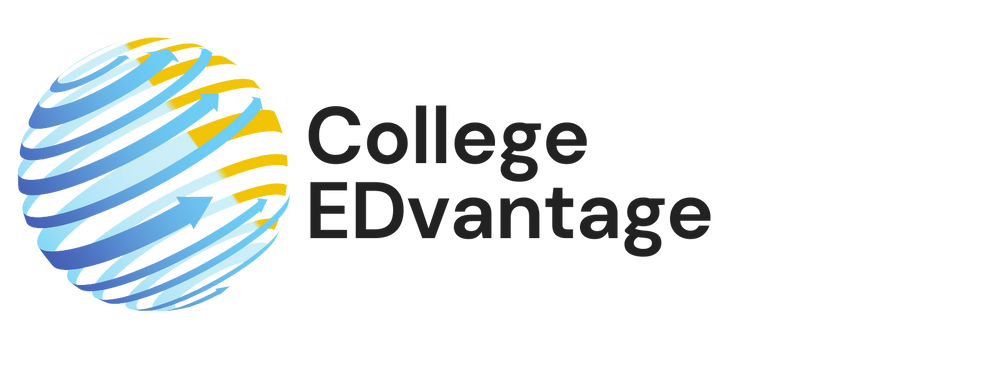Higher education institutions are facing a rapidly changing landscape driven by technological advancements, shifting political priorities, and evolving societal expectations. Here is a brief overview of some trends and challenges that will shape the future of higher education in the coming years.
Affirmative Action
The debate around affirmative action has been ongoing for decades, but it continues to be a contentious issue. The US Supreme Court is expected to rule on two cases heard by the court regarding the consideration of race in college admissions practices by June 2023. It is predicted that the court will eliminate race-conscious practices in college admissions.
Digitization of Standardized Tests
One significant change we can expect to see is the digitization of standardized tests. The PSAT is offering its first digital for international students March 2023. For US students, the PSAT is changing in October 2023 and the SAT in March 2024. The test will be administered by laptops, is adaptive based on answers, and is shortened to approximately 2 hours and 14 minutes broken down into two reading and writing modules, and two math modules. Check out this video about the changes made for the SAT.
US News World Report Reputation
US News and World Report rankings have long been questioned by professionals in their ability to rank higher education institutions. The report is not actually based on academics but on the limiting factor of prestige and selectivity. Harvard and Yale Law Schools announced that they will no longer be participating in the US News and World rankings. Dean Heather K. Gerken of Yale Law School addressed the rankings as “profoundly flawed—they disincentivize programs that support public interest careers, champion need-based aid, and welcome working-class students into the profession.” Looking closer into the methodology for ranking universities, the US News uses 40% of the score is based on “quality assessment” (opinions of peer schools, lawyers, and judges), 26% on placement tests, 21% on selectivity (LSAT scores, grades, acceptance rates), and a mere 13% for faculty, curriculum, and resources.
Increased Online Enrollment
Online learning has become increasingly popular in recent years, and this trend is likely to continue in 2023. More students are seeking the flexibility, convenience, and affordability of online programs, and institutions are responding by expanding their online offerings. However, there are challenges associated with online learning, including concerns about quality and student engagement. Institutions will need to carefully balance the benefits and drawbacks of online learning as they expand their online programs.
Use of AI
Artificial intelligence (AI) is changing the landscape of education. Students are utilizing it more and more for writing papers, taking notes, and creating presentations. While AI has the potential to transform higher education in many ways, from personalizing learning experiences and automating grading, it also has negative implications with biased content, misinformation, and a lack of ethics that could automate the college admissions process even more. In 2023, we can expect to see increased experimentation with AI in higher education, as institutions seek to potentially improve efficiency in admissions practices and enhance student outcomes. Newer AI language models could shift how colleges use personal statements in the application process.
In conclusion, the higher education landscape is shifting into a more digital era. It has never been a better time to consider signing up with a college consultant to help navigate these significant changes in the college admissions game. More to come.


